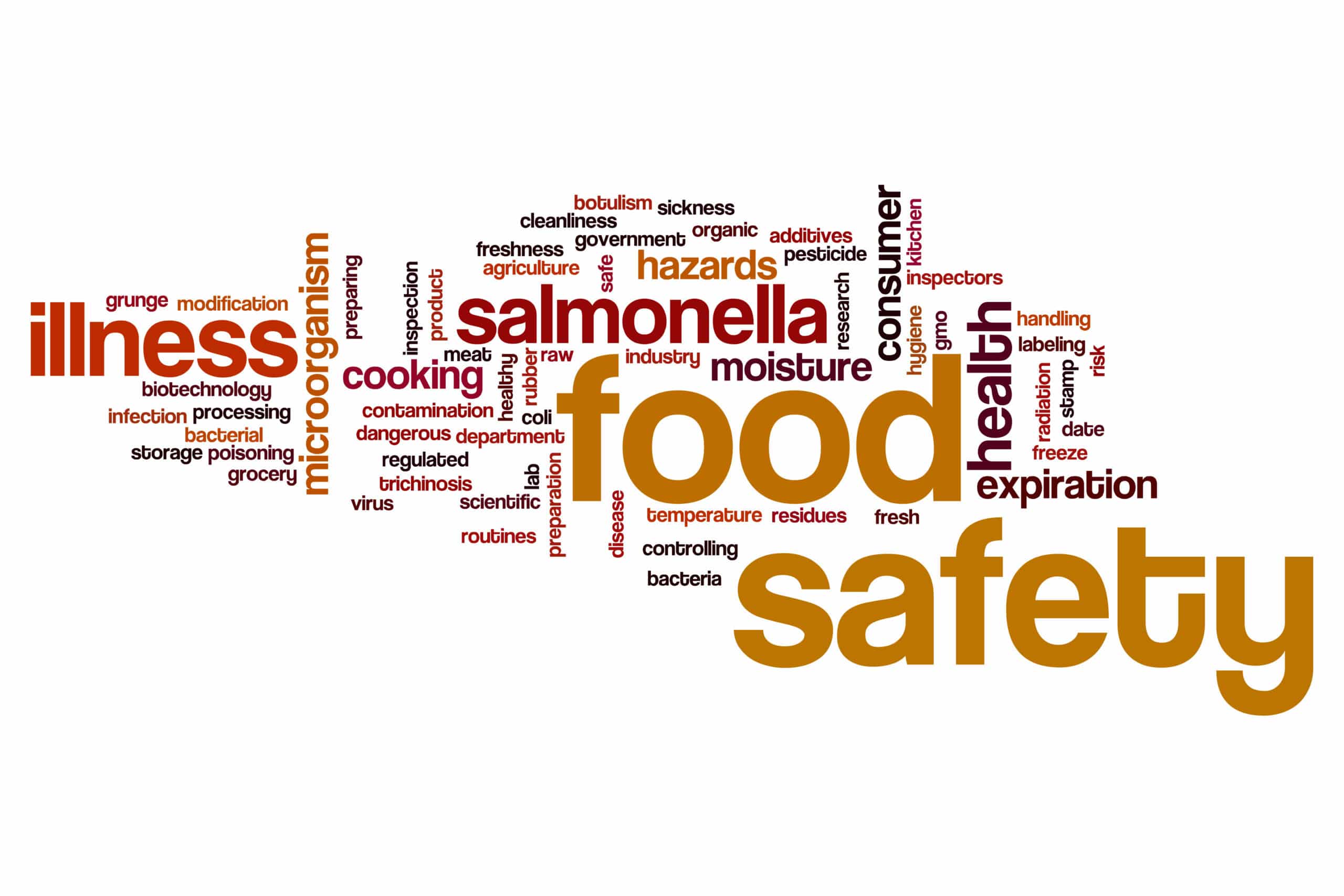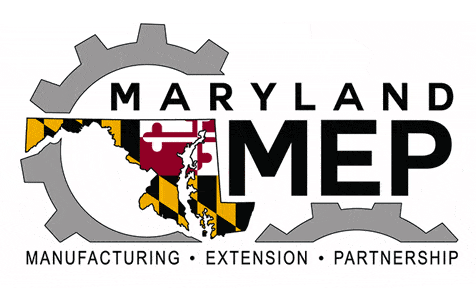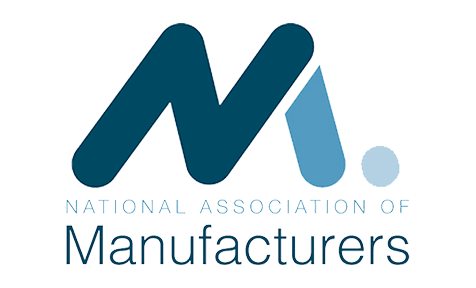What is the Future of Food Safety?
Food safety is vital to public health. Foodborne illnesses are preventable public health problems that sicken millions of people yearly. The food safety system spans from the farm to processing, packaging, transporting, distributing, storing, preparing, and serving food, and contaminants can enter anywhere along this chain. Increased globalization means food is produced and processed in larger volumes and distributed over greater distances than ever before, exposing people worldwide to different hazards.
There is an increased awareness regarding food safety among the public. The Coronavirus pandemic changed the way we view food safety. In particular, shifting consumer habits and creating pressure on producers to keep pace with increased demand and uphold the highest quality and safety standards.
What are the Factors That Affect Food Safety?
The global pandemic created dramatic growth in online grocery shopping, straining local and international supply chains. As a result, food handlers, retailers, and wholesalers must develop greater collaboration with all supply chain partners to ensure food sold to consumers is free from biological, chemical, or physical contaminants. This growth is expected to continue in the future. According to “The Digitally Engaged Food Shopper” report, consumers could spend 100 billion dollars annually on online grocery shopping. Therefore, food supply chain partners must continue improving operational efficiency to meet consumer demands and guarantee food safety.
Frequently, environmental factors, such as climate change and water scarcity, play a role in the safety of our food supply. Firstly, climate change and increased temperatures can directly impact food by altering foodborne pathogens and parasites’ occurrence frequency or virulence. Thus, increasing their chances of survival, requiring a greater emphasis on food safety practices.
Secondly, water is a scarce natural resource necessary for a variety of purposes. Optimizing water resources is vital to the food industry. Water is used for cleaning food and for cleaning the facility and equipment used in direct contact with food.
What Are the Regulatory Standards Surround Food Processing Facilities
The food industry prioritizes hygiene, cleaning, sanitation, disease control and prevention, and traceability to help safeguard food safety. Operational procedures need to focus on process flow, establish standardization, maximize efficiency, and prioritize safe, quality products. Regulatory food safety standards such as FSMA, HACCP, and GMP establish food safety guidelines and standards to ensure products are free of physical, allergenic, chemical, and biological hazards. Consequently, these standards shifted the food industry from reactive to proactive. Facilities now focus on preventing contamination and food poisoning rather than simply testing food to determine safety.
How do Better Engineering’s Food Processing Cleaning Systems Aid in Food Safety?
BE designs automated cleaning and sanitizing systems to accommodate all stages of the food supply chain from farm to processing, packaging, transportation, and distribution. With this in mind, our machines include modular conveyor/tunnel washers, batch washers, bin and vat washers, rack washers, cabinet washers, and other custom-made solutions. System stages include wash, rinse, sanitizing, and dry cycles. Likewise, our sanitary lines of cleaning systems are hygienic by design and feature stainless steel construction, full internal welds, complete access, and compliance with 3-A standards.
We work closely with food producers to design a system specific to each application. With this in mind, these highly versatile systems optimize production processes and ensure effective hygienic cleaning of items such as:
- totes
- trays
- crates
- bins
- Macrobins
- pans
- racks
- reusable plastic containers
- buckets
- drums
- pallets
- filling equipment
- funnels
- molds
- other processing equipment
Our machines meet regulatory agencies’ food and safety standards set by FSMA, HACCP, and GMP, ensuring products are free of physical, allergenic, chemical, and biological hazards. Hence, Better Engineering’s automated cleaning and sanitizing machines are integral to facilities’ preventive controls, specifically by ensuring the repeatability of the process flow, increasing productivity, lowering the cost of human and natural resources, and preventing contamination.
Customers can count on Better Engineering to find a cleaning solution that matches their needs. To demonstrate, our test lab will test your parts free of charge. We guarantee the system you choose will always meet your cleanliness standards. Please speak with one of our machine specialists today to learn more about Better Engineering’s conveyor washers and how they fit into your application.





